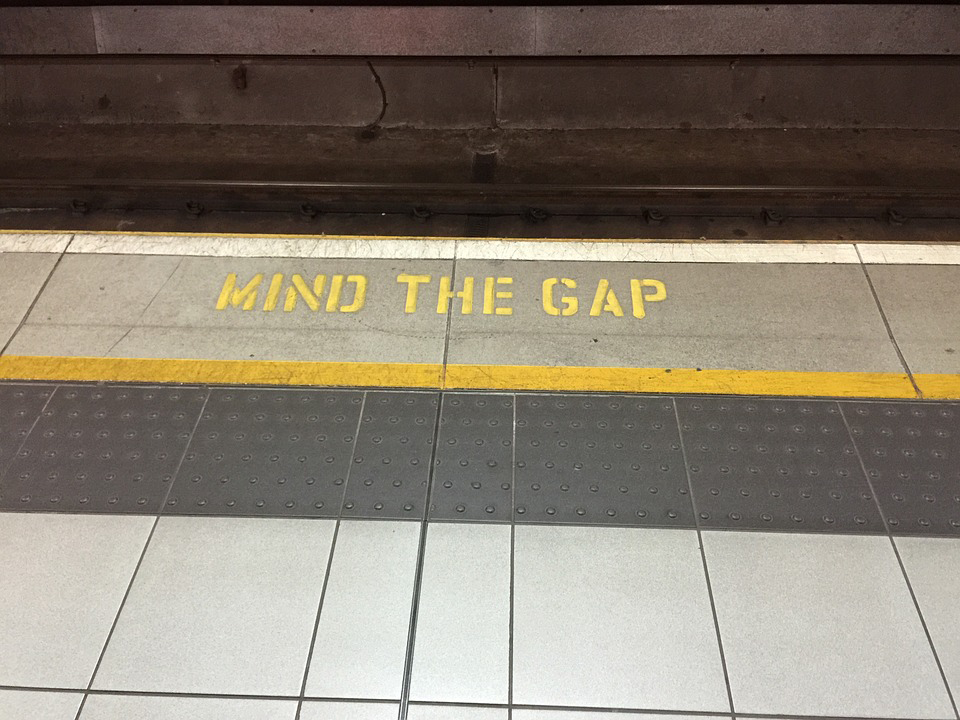
How to Explain Resume Gaps in an Interview
If there are gaps in your work history, potential employers may ask about them in your interview. These resume gaps can be easily explained away if you know what to say. Follow our guide to formulate your answers and put employers at ease. You’ll secure a great new job in no time.
How to Explain a Resume Gap
You can explain a gap in your resume with structured–but honest–answers about a health issue, needing family time, having been laid off or fired unexpectedly, returning to school, and more. Several strategies can be used to explain your unique experience.
Resume Gap 1: Taking Care of Family
Sometimes, you have to prioritize the care of an ill family member or your children and that’s perfectly reasonable. The best way to explain this gap is to mention that you evaluated your priorities, did what you had to do, and kept your professional skills up during that time. Now, your priorities have shifted and you’re ready to refocus on your career.
Resume Gap 2: Laid Off or Fired
While you may think it’s embarrassing to talk about being laid off, most interviewers will be sympathetic and understand how common it is. As long as you don’t badmouth your boss, focus on the positive things you achieved at the company, and explain why the layoff occurred (budget cuts, company downsizing, elimination of your project/team), the employer’s mind will be put at ease. If you were fired or the only person laid off, the strategy is similar. Focus on the positive things you achieved, and on what you learned, and don’t give in to the temptation to badmouth your previous company or boss. Explain that it wasn’t a good fit for you and tell them why you think this new position is a much better fit.
Resume Gap 3: Quit Before Finding a New Job
Most people who quit before finding a new job have a good reason. Maybe the company culture was toxic, maybe their former boss was volatile, or maybe they realized they needed to move in a new career direction and wanted to focus their efforts solely on their job search and skill-building. Whatever the reason, find a way to explain that it wasn’t an impulse decision and give the employer a brief summary of your reasons without badmouthing or focusing on the negative aspects of your previous jobs. It’s always better to remain future-focused in interviews, especially if you’re explaining why you quit your previous job before securing a new one.
Resume Gap 4: Went Back to School
This gap is one of the easiest to explain because you worked hard, put your intelligence to good use, and achieved a goal. If what you studied is relevant to your chosen career and the position you interviewed for, mention how your new qualifications and knowledge will benefit their company. If the additional education is a more indirect fit, mention a few of the soft skills you acquired while studying and explain how those can benefit the company if you were selected for this position. When you frame your newfound skills and knowledge within the context of how they benefit the company, employers will be eager to hire you and see your added value.
Resume Gap 5: Time Off for Health Reasons
In this explanation, brevity is best. Prepare a straightforward explanation that you’re comfortable sharing and finish with a shift back to the present day, having overcome your health problems, and the relevant skills you’ll offer this company. The employer won’t expect you to dive too deep or expand upon this subject very much so don’t feel the need to overshare and focus on the future, rather than the past.
Resume Gap 6: A Sabbatical, Travel, or Unsuccessful Attempt at a Career Change
If you had a more unconventional gap in your resume due to a sabbatical, a long period of travel or even an unsuccessful attempt at a career change a little more explanation may be required than for some of the conventional resume gaps. Stay positive, focused on the value you can offer, and prepare an explanation you’re comfortable with. In these situations, you should also be prepared for more questions, confusion, or interest from employers because they’re less common.
Bottom Line
If you have a gap in your resume, you should anticipate the need to explain it in your interview. Employers are curious and eager to know the why because your reason will often put them at ease, especially if you focus on the skills and knowledge you can offer them rather than them.
